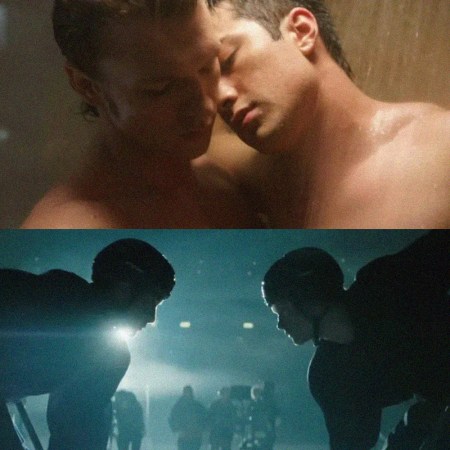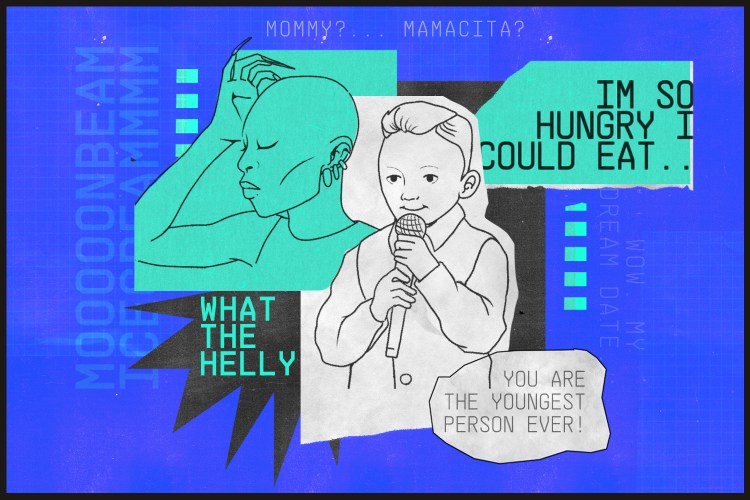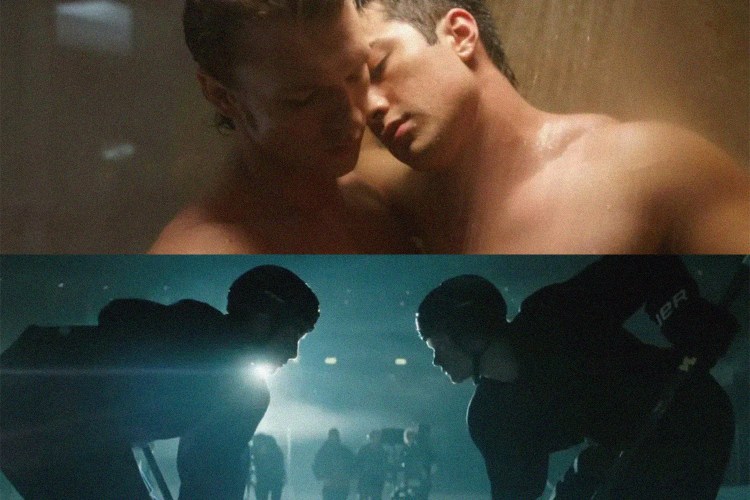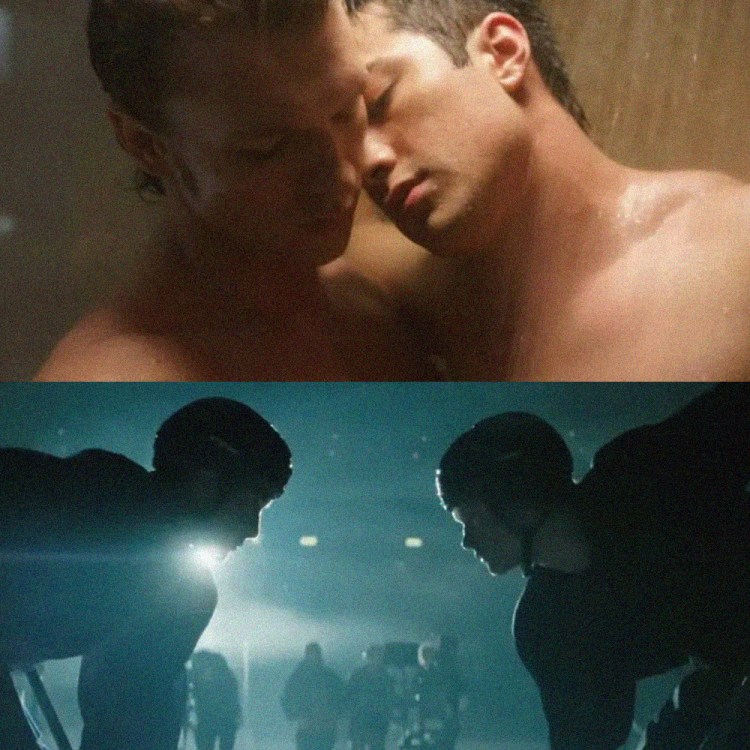After 34 years, Spike (né The Nashville Network, TNN and Spike TV) has announced they’ll be shutting up shop.
In a shakeup at Viacom, the male-focused channel will be renamed the Paramount Network (aligning with the company’s film studio, Paramount Pictures). According to Forbes, the transition will start as early as 2018.
“The First Network for Men” — what they seriously went by during their most recent rebranding, in 2003 — brought us such sedatives as Stripperella, MANswers and Lip Sync Battle. But it also brought us the occasional gem, the foremost of which was MXC (Most Extreme Elimination Challenge), an English overdub of Japanese game show Takeshi’s Castle. The farcical obstacle-course contest guarantees Spike a place in the television history books (that time Spike Lee tried to sue them doesn’t hurt either). And just in case you missed the the series’ always hilarious if occasionally offensive five-year run, here’s a four-point guide to what made it iconic.
Strap on your helmet for a trip down a muddy memory lane.
Painful Eliminations of the Day
Why does anyone watch a show like this? To see people faceplant into foam/water/mud/unidentifiable substances. Although an admittedly unsophisticated pleasure, no show did it better. It was basically a “Best Of” compilation of proto-YouTube fail vids. And every episode ended with Kenny Blankenship (one-half of the fictional hosting duo, with Vic Romano) counting down his top 10 “Painful Eliminations of the Day.”
The stakes were not high, which made it more fun to watch
Modern obstacle-course game shows like American Ninja Warrior, Wipeout and the soon-to-air Ultimate Beastmaster offer up at least three of the four following elements: elite athletes, emotional backstories, life-changing prizes and state-of-the-art obstacles. MXC (or Takeshi’s Castle) offered none of those. With lower stakes, goofier costumes and harebrained challenges (contestants could bellyflop onto a stepping stone in a pond and come out smiling), the creators found a sweet spot of absurdity that has unfortunately escaped most American-made game shows.
The dialogue is nothing like the original
This is not an English translation of the Japanese show. Instead, creator Paul Abeyta had the writers base their new dialogue on the original video alone — which led to a final product of bawdy, off-the-wall banter, asides and non-sequiturs. For example, recurring characters included Captain Tenneal (a reference to Captain & Tennille) and Guy LeDouche, and a run-of-the-mill episode title describing the warring sides was “Adult Entertainment vs. Home Improvement.”
It will never happen again
If you pitched the premise of this show today — a group of mainly white men writing a comedy where they take an existing Japanese show and overdub it with whatever they find funny — it would not fly. But the creators of this show stayed away from stereotypes by setting one hard-and-fast directive: they would not write any Asian references. Instead, the show cleverly juxtaposes American bathroom humor and pop-culture references with uniquely Japanese source material (see: the contestant in the first video above yelling “Will and Grace!”).
That said, MXC has its share of problematic moments, including a Native American character from the original show who was renamed “Chief Otto Parts” in the U.S. version (a take on Chief Auto Parts stores) and “Pocahontas” in the U.K. — though that kind of insensitivity could probably be attributed to American television as a whole, and not just this series in particular.
Hopefully the Paramount Network will fare better than Spike. But it’s doubtful any network will produce anything quite like MXC.
This article appeared in an InsideHook newsletter. Sign up for free to get more on travel, wellness, style, drinking, and culture.
























